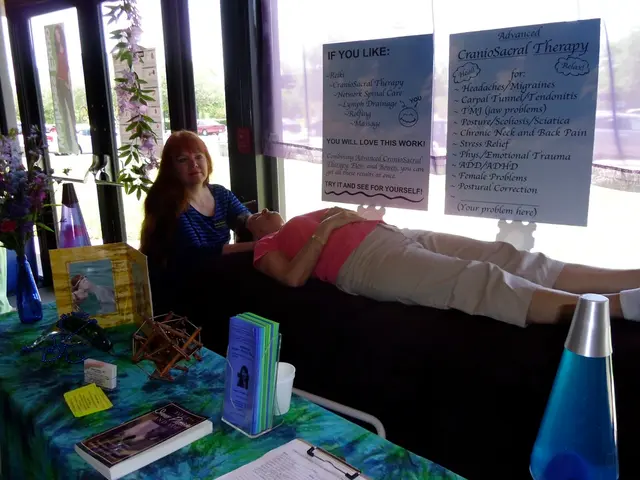Home Care under Microscope by New York Legislators: Unanswered Inquiries Rising
In a controversial move, the New York-funded home care program for the elderly and disabled, known as CDPAP, has been taken over by Public Partnerships LLC (PPL) from Georgia. The program, which serves hundreds of thousands of New Yorkers, has been experiencing issues for months, with workers and patients reporting missed paychecks, randomly slashed hours, breaches of sensitive data, and other problems.
One of the key concerns revolves around the Flex Card program, a debit card required of downstate workers to pay 22 to 47 cents an hour. The card can be used for certain expenses like health care and transit. However, many workers are unaware of the card or don't understand how to use it, as Leading Edge, the health insurer hired by PPL, has admitted.
Employment lawyer LaDonna Lusher has suggested that the New York Attorney General could investigate the potential wrongdoing in the program. Lusher, known for her work on consumer protection and utility-related issues, has not publicly taken actions specifically regarding programs operated by PPL and Leading Edge.
The Flex Card program could generate as much as $30 million in annual profits. Workers might lose the balance on the Flex Card if they stop working in home care, effectively becoming lost wages.
There are open questions about how PPL will prevent Leading Edge from shirking payment of medical bills and ensure timely handling of appeals. In the past, Leading Edge has left eligible bills unpaid and flouted rules regarding appeal response times. The company's founder, Jerry Weissman, was convicted of insurance-related felonies in the 1990s.
Moreover, Leading Edge requires its workers in the New York City area to enroll in a health insurance plan that covers only basic preventative care, with no benefits for specialist visits, hospitalization, or surgery. Most home care workers have better insurance already, and the plan might not provide any additional benefits for them.
PPL aims to make the program more efficient and reduce fraud. However, the 2011 state law allows employers to pay the wage supplement either in cash or in benefits like health insurance, but the way PPL and Leading Edge are running the program may still have legal issues. Employers are prohibited from operating benefits in a way that refunds the money to themselves, which PPL and Leading Edge may be doing.
New York lawmakers will hold a hearing on Thursday to understand the issues with the program. It remains to be seen how PPL will enforce the necessary safeguards or write them into their contract with Leading Edge.
Read also:
- Experiencing Life's Variety Firsthand: Gaining Insights from Life's Broad Spectrum of Experiences
- Impact of Complex Post-Traumatic Stress Disorder on Romantic Relationships: Symptoms, Causes, and Precautions
- Strategies for Keeping Work Reasonable and Rewarding for those with Autism and ADHD
- Impaired Driving Awareness Campaign Announced by MADD Under the Name "End Herre"







